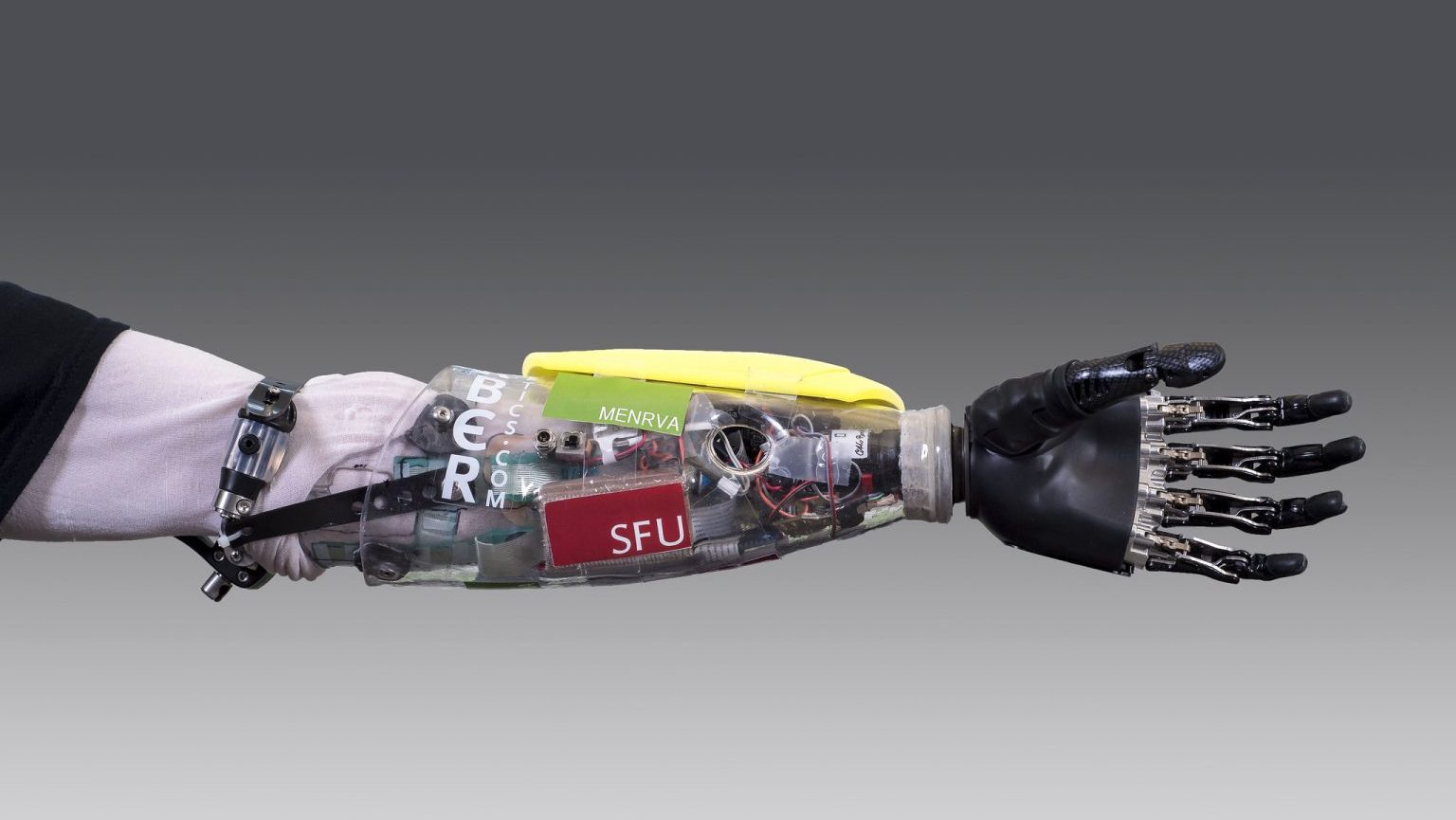Electronic medical records will empower patients to self-manage their health, says Risa Lavizzo-Mourey, CEO of the Robert Wood Johnson Foundation.
Question: Why are electronic medical records important?
Risa Lavizzo-Mourey: Electronic medical records are, in a lot of ways, I think the aspect of technology that is going to revolutionize the way we deliver care. And it’s not just that we will be able to collect information, it’s that everyone involved in the healthcare enterprise will be able to use that information more effectively. The patient will be able to manage their own care because they will have the information about the results of their test. They’ll have information about the medicines that they are using. They’ll have information about the effectiveness of various kinds of treatments. The physician and the healthcare providers, the nurse practitioners, all of the people that are involved in delivering care will be able to work more as a virtual team and use that information to connect what is going on in the past, in their patient’s lives, along with the care that they are delivering at the current time. And the healthcare system will be able to use that information to manage health resources over the entire population, and to actually improve the quality of care by focusing on outcomes, focusing on the things that they can do as healthcare providers, to improve the probability of those positive outcomes occurring.
Increasingly we know that we’re going to have multiple medical conditions, and the person who’s got the greatest incentive to mange those conditions is the patient him or herself. The personalized medical record would provide a critical tool to be able to do that much more effectively than we’ll be able to do it in the past.
In several cities where we have investments, in the form of grants, we’re beginning to see that all of the major healthcare providers in that region are using a common platform for sharing medical information. So what that means is that, if a patient goes into the emergency room, the people in the emergency room can immediately call up on a screen the results of the x-ray or the electrocardiogram or the laboratory test that that patient got in the hospital or in the doctor’s office a week ago. What that does is it gives the ability to manage that person’s illness in real time in a much more effective way, and to do it in a much more cost efficient way because you are not duplicating test that don’t need to be duplicated, and you know the results of those test that greatly influence the care that needs to be delivered at that moment.
Recorded on: June 30, 2009.





